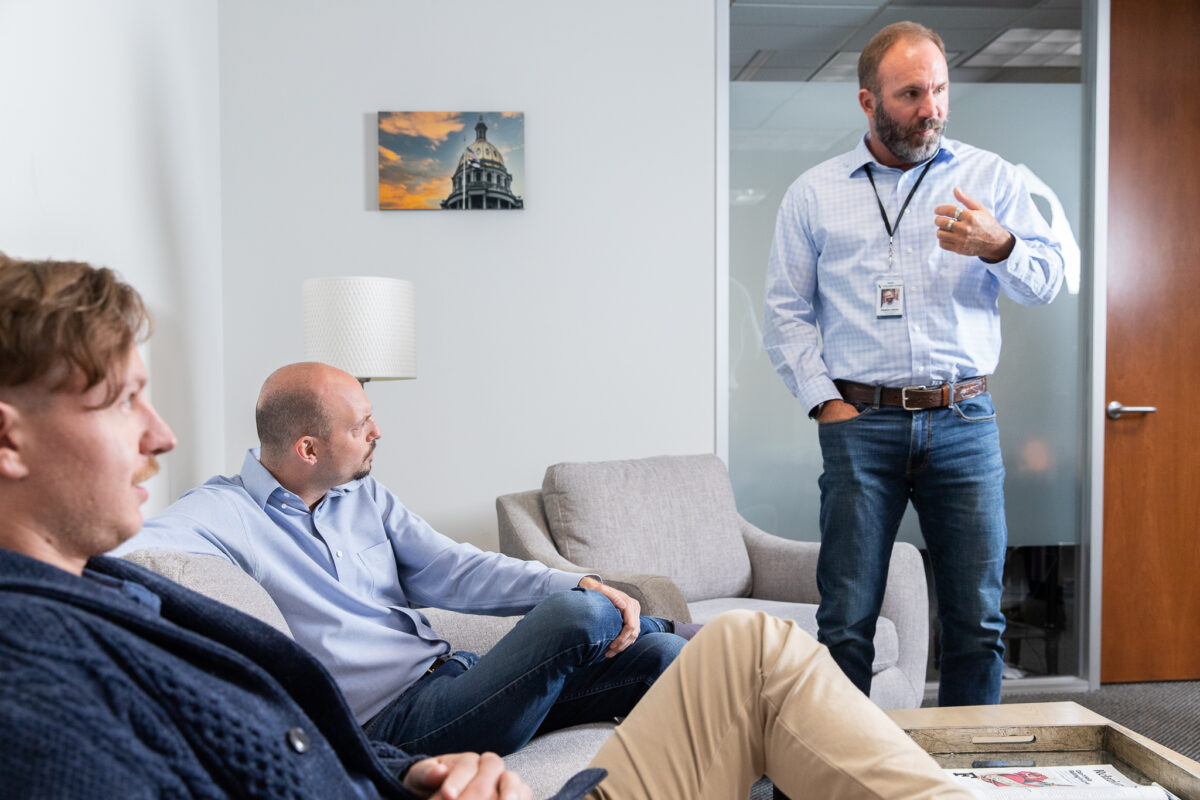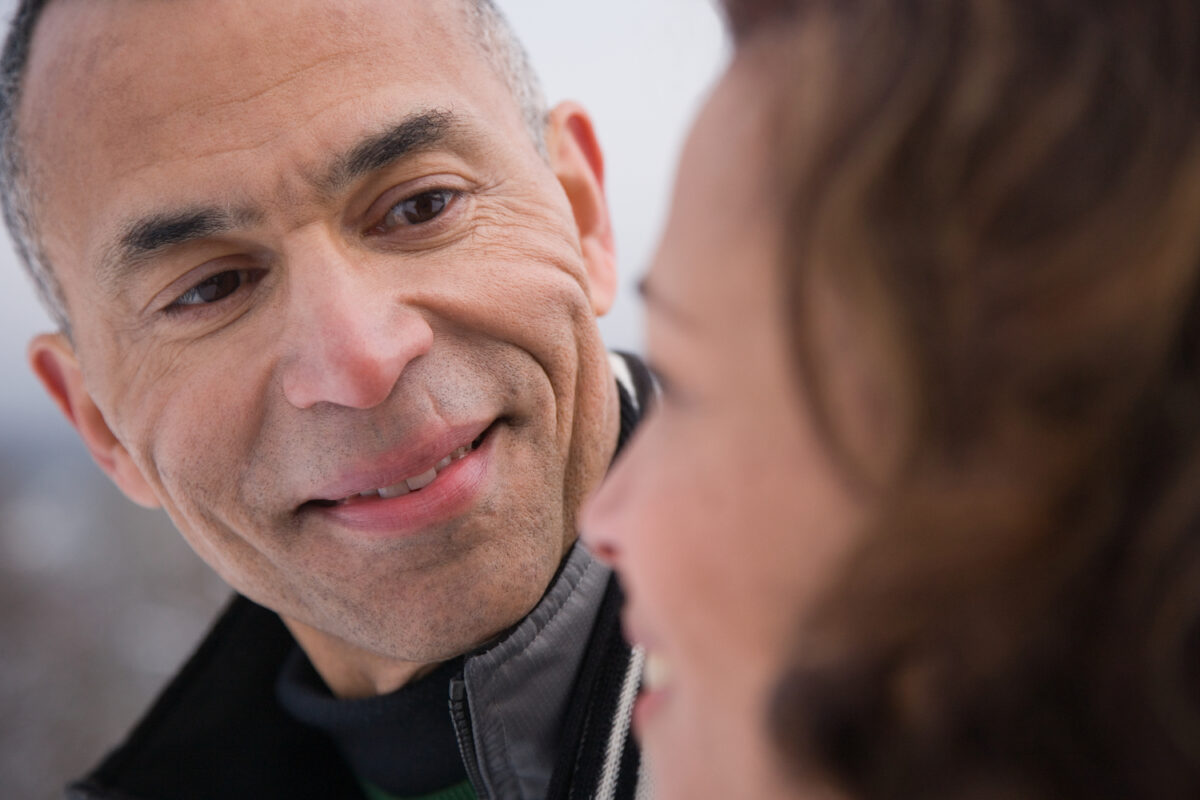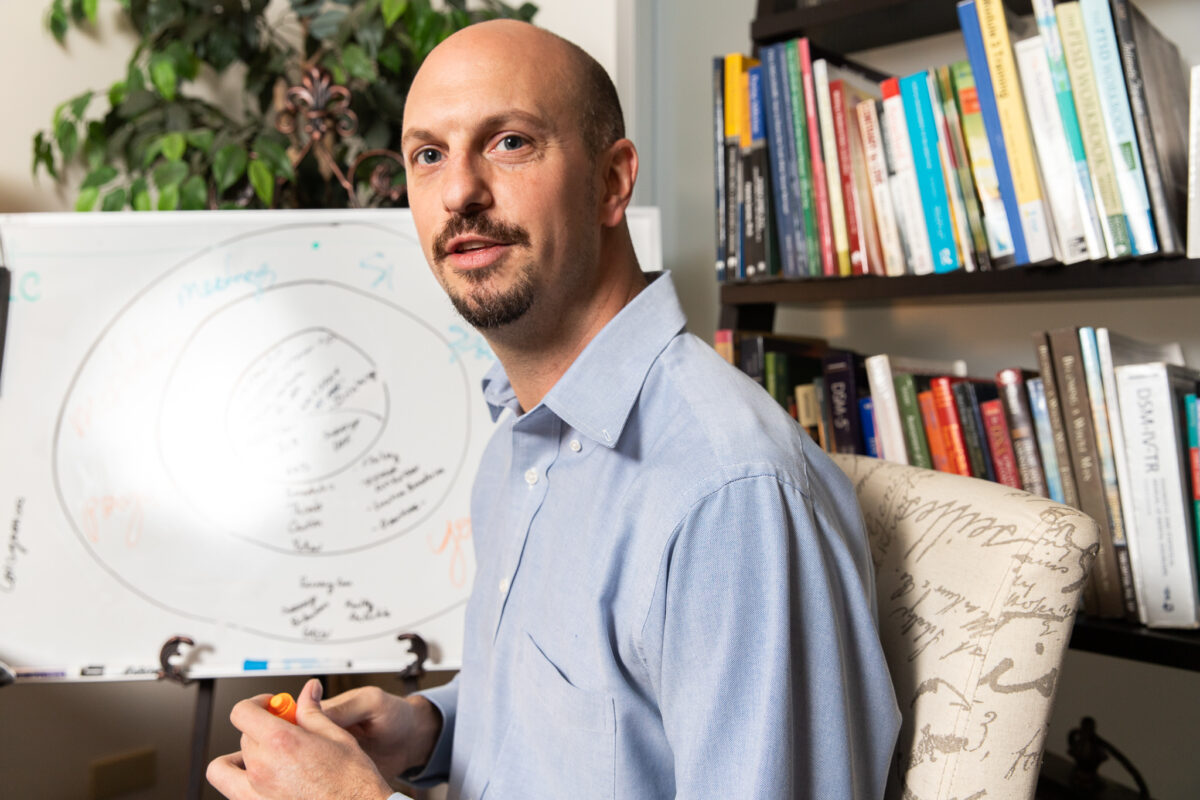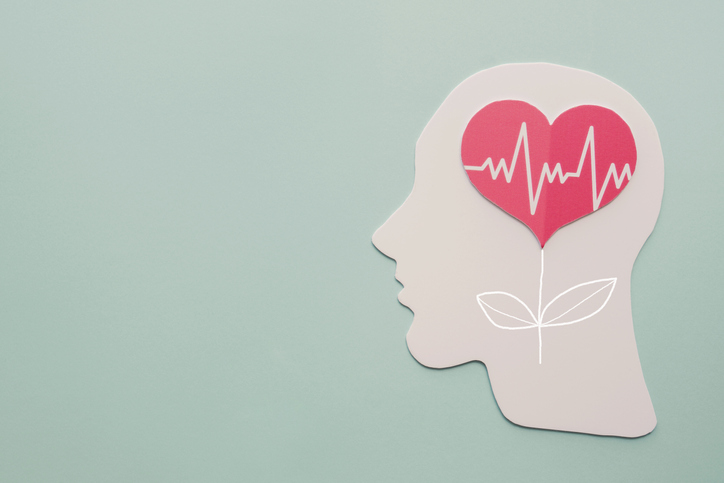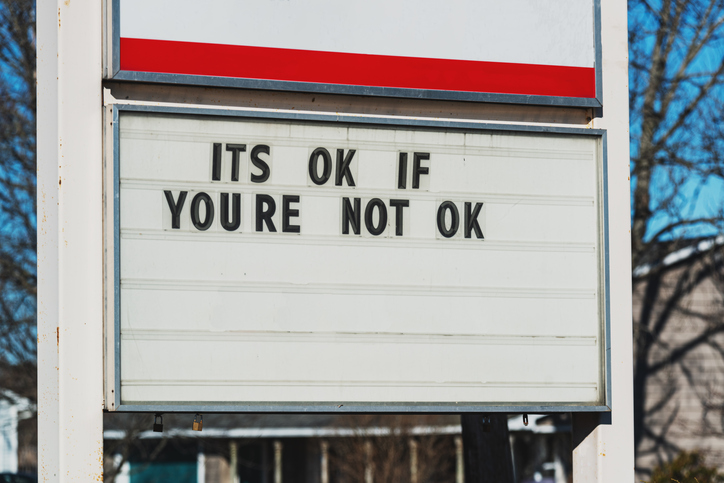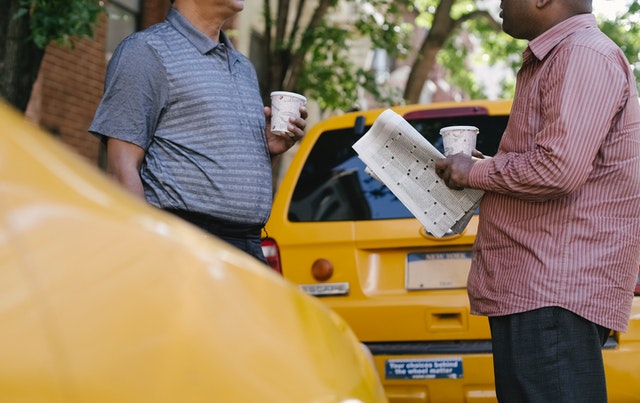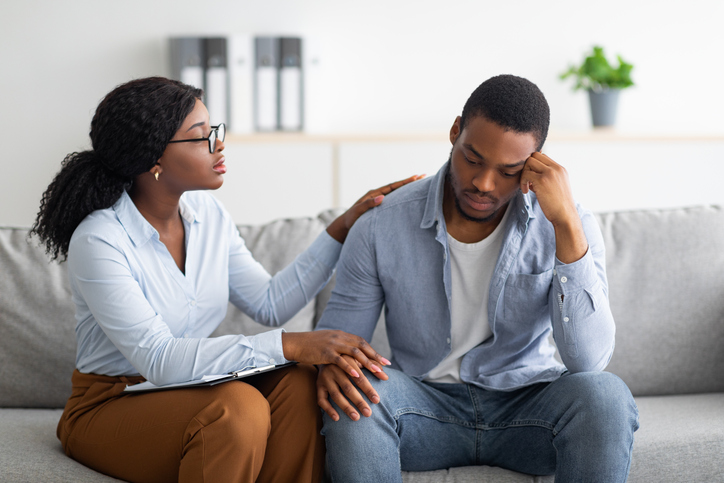Addiction is a family disease. “The havoc active addiction creates in families and relationships stresses everyone in these ‘systems’—parents, children, siblings, spouses, partners, close friends, etc.,” wrote Dan Mager, MSW, on Psychology Today in 2016. “Active addiction destabilizes the home environment, disrupts family life and muddling relationships, and often compromises finances, as well as mental, […]
Internal Family Systems (IFS) is a powerfully transformative, evidence-based model of psychotherapy, based on the idea that the mind is naturally multiple. This multifaceted mind is considered normal and not pathological. “Our inner parts contain valuable qualities and our core Self knows how to heal, allowing us to become integrated and whole,” explains the IFS […]
Some controversy remains around intimacy disorders as sex addiction has yet to be included in the Diagnostic and Statistical Manual of Mental Disorders, which American clinicians use to diagnose mental health conditions. Its latest update in 2013, the DSM-5, did not list sex addiction as a specific psychiatric diagnosis. This may change in the next […]
The cardiovascular system controls heart and circulatory functions, making it a vital part of your body’s functioning and overall health. Poor cardiovascular health has several risk factors and can cause a person to develop life-threatening, and even deadly, illnesses. These can include high blood pressure, stroke, cancer, hypertension, and heart failure. In fact, more than […]
Managing a mental health disorder, regardless of what disorder it is, is not an easy thing to do. At times you might feel drained, disheartened, or even debilitated. However, no matter what mental health condition you may suffer from, you can apply healthy and effective techniques that will allow you to control your symptoms. Discovering […]
Most people have experienced anxiety at one point or another. Situational anxiety can affect anyone, but there are people who experience more intense anxiety that is long-term and requires treatment. They are referred to as anxiety disorders, and each one is marked by its own unique set of symptoms. Generalized Anxiety Disorder (GAD) Individuals with […]
According to the National Institute for Mental Health, a staggering 51.5 million adults in America live with mental illness; that is nearly one in five adults. Living with a mental health condition often causes feelings of loneliness, shame, and defeat. However, there is hope and you are not alone. You have the ability to overcome […]
Recovery from addiction can be a lonely road. Resisting cravings, building a new life, attending meetings — all of it can feel overwhelming. Socially isolating yourself during your recovery can bring on additional negative symptoms such as anxiety and depression and even lead you to relapse. Although your story and journey are unique, plenty of […]
When a person is struggling with addiction their life is altered in various ways. Many people who struggle with addiction engage in behaviors such as lying, stealing, or emotionally harming their loved ones. Loving someone who is battling an addiction can be challenging. You may often find ways to convince yourself and others that their […]
The term Sandwich Generation refers to individuals who serve as dual caretakers for their children under the age of 18 and their aging parents. The term refers to those who are “sandwiched” between two groups of people that depend on them for financial, physical, and emotional support. What Do You Want From Me? The Sandwich […]


